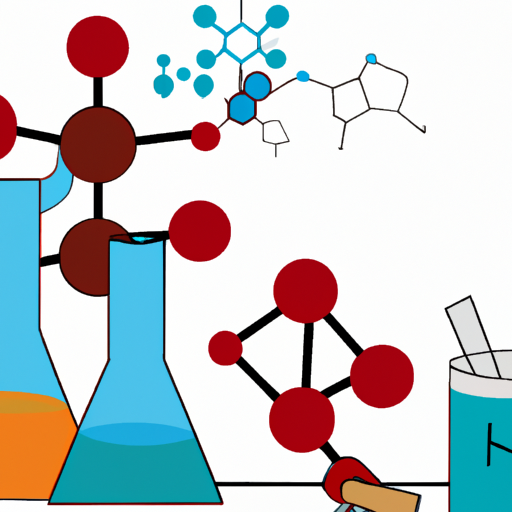
In the field of chemistry and environmental engineering, the term “산화호발제” refers to an essential component known as an oxidation catalyst. An oxidation catalyst is a substance that facilitates the conversion of harmful pollutants into less toxic compounds through oxidation reactions. This process plays a crucial role in reducing air pollution and improving air quality through the elimination of volatile organic compounds (VOCs), carbon monoxide, and other pollutants emitted from various sources such as vehicles and industrial facilities.
Oxidation catalysts work by promoting the breakdown of these pollutants into less harmful substances, ultimately leading to a cleaner and healthier environment. These catalysts are extensively used in catalytic converters in vehicles to reduce emissions of harmful gases and particulate matter. They catalyze reactions that convert carbon monoxide and hydrocarbons into carbon dioxide and water, thus mitigating the environmental impact of exhaust gases.
Furthermore, oxidation catalysts are also employed in industrial processes to control emissions and comply with environmental regulations. By accelerating the oxidation reactions of pollutants, these catalysts contribute to the sustainable management of air quality and assist in meeting stringent emissions standards set by regulatory authorities.
In conclusion, the translation of “산화호발제” to English as “oxidation catalyst” underscores its significance in environmental protection and pollution control efforts. As a key technology in the fight against air pollution, oxidation catalysts play a vital role in promoting a greener and cleaner future for generations to come.
